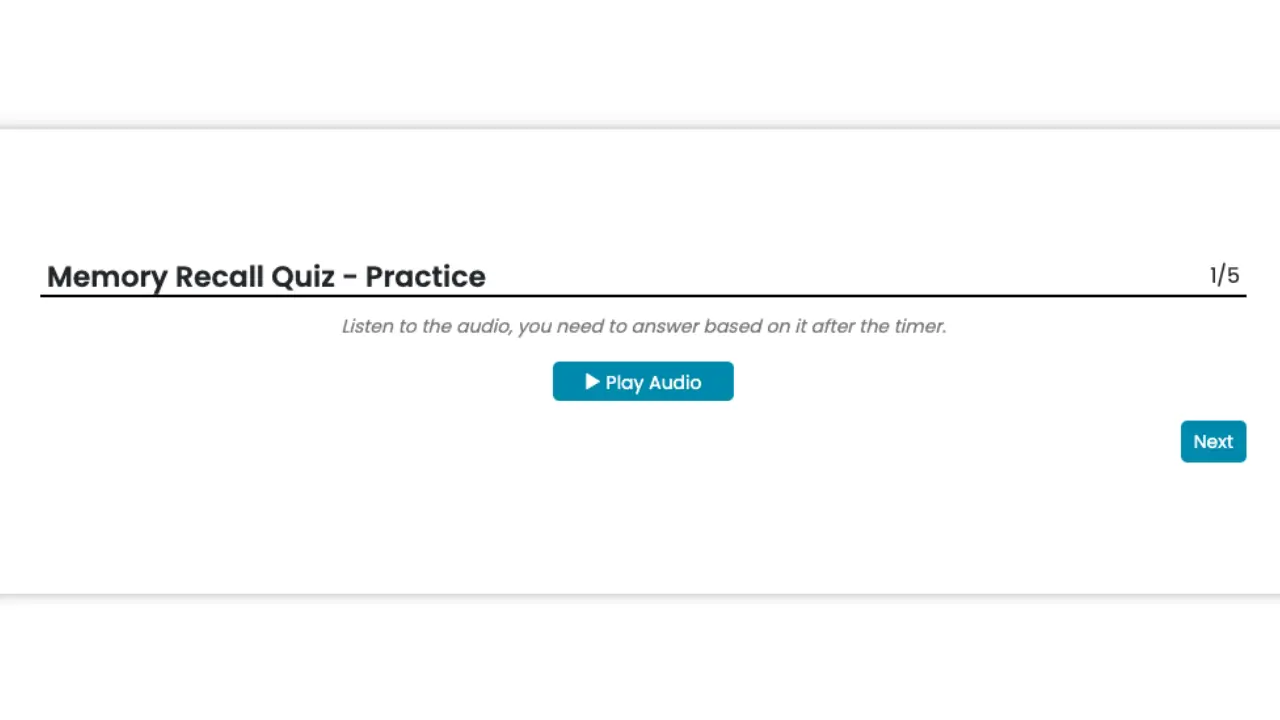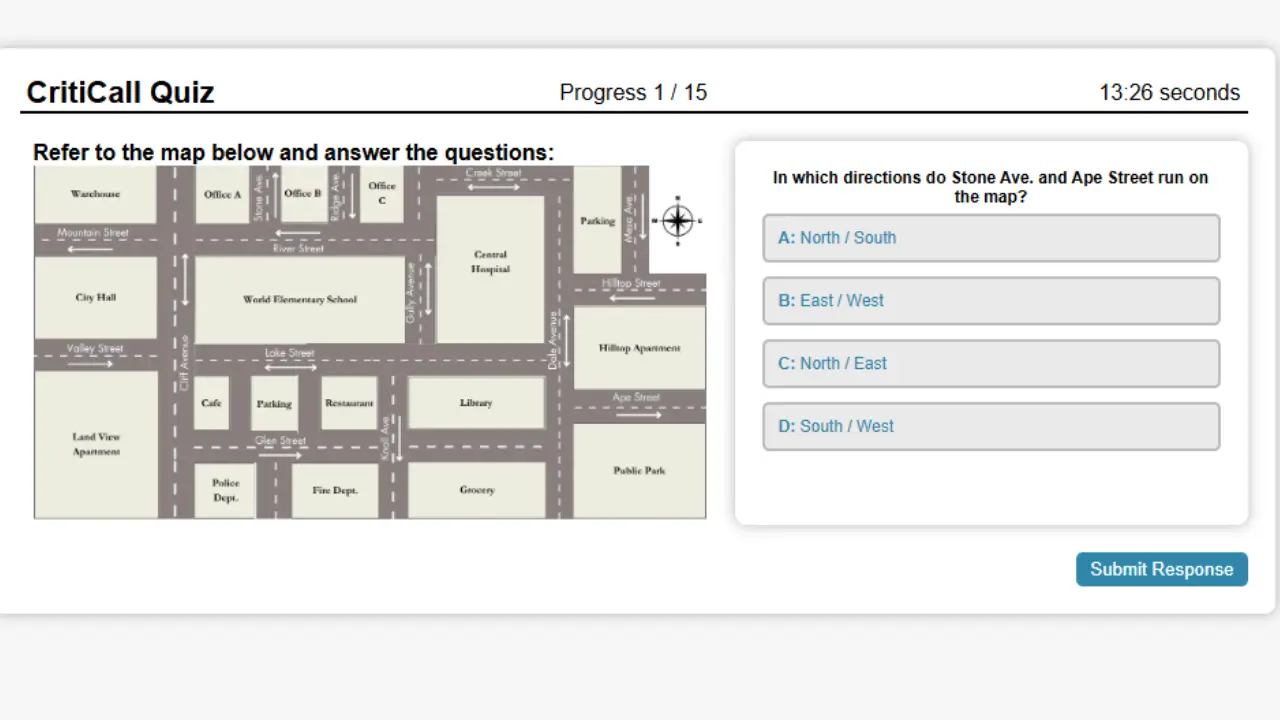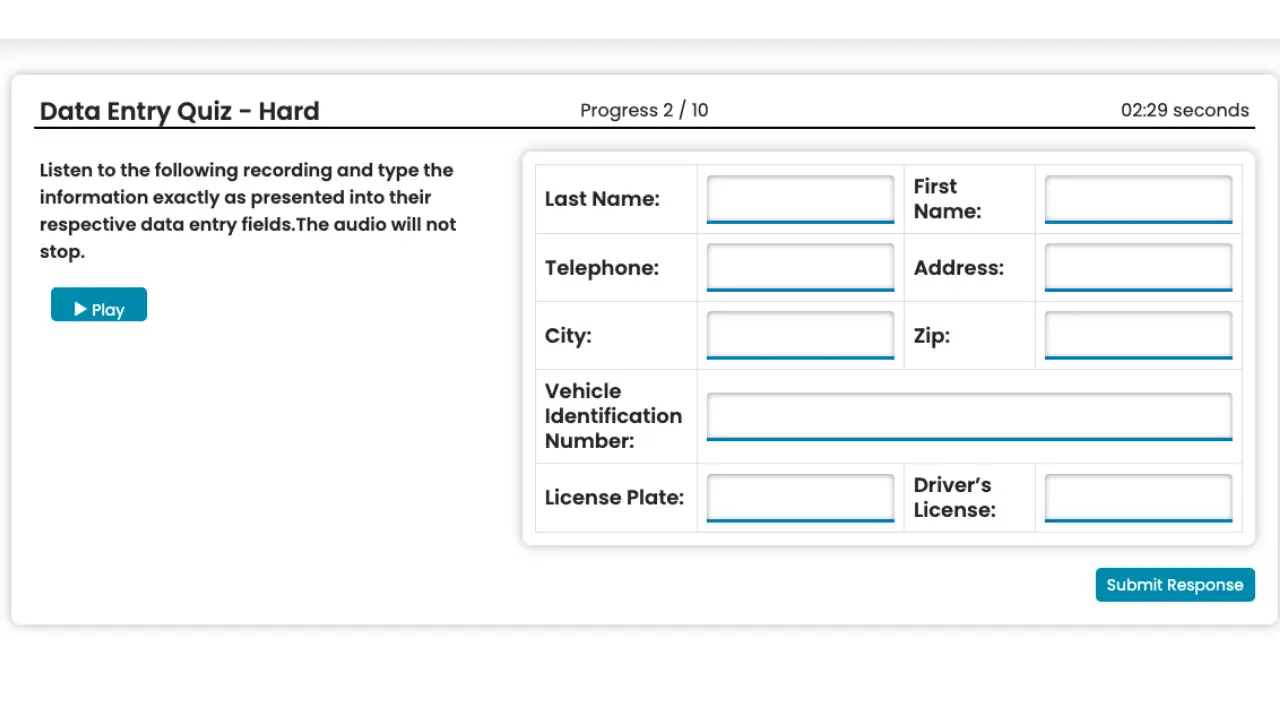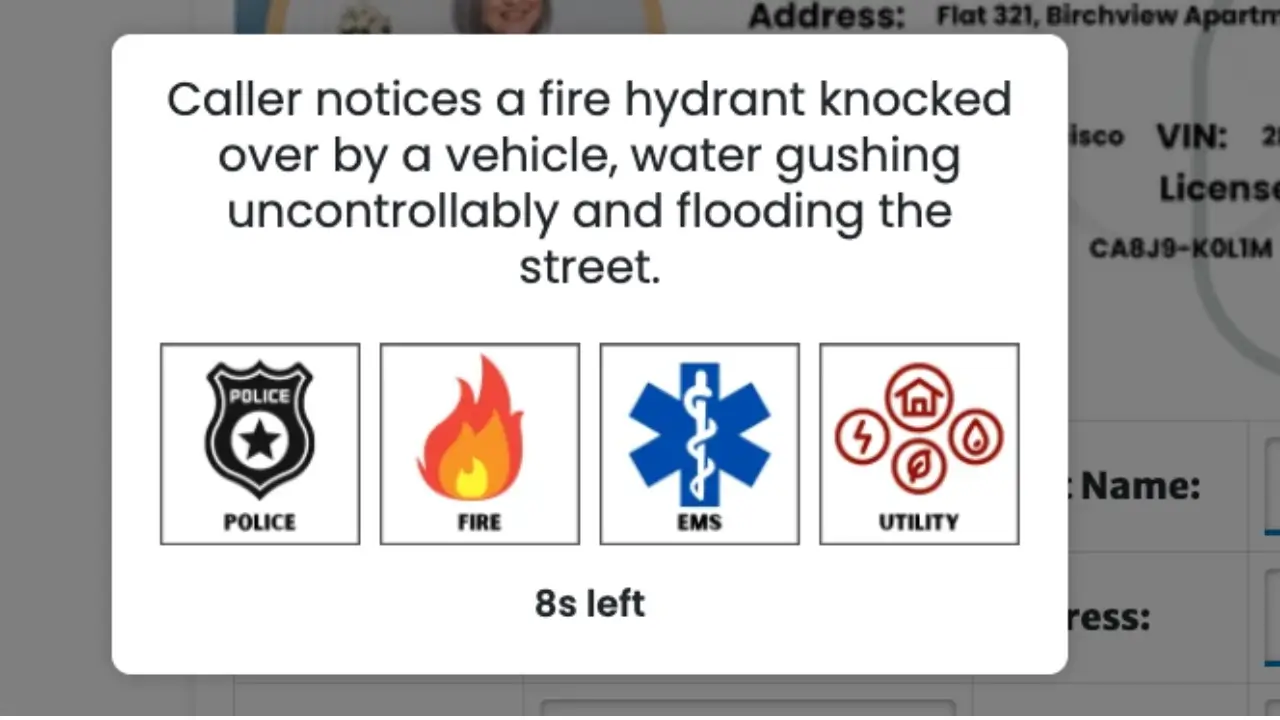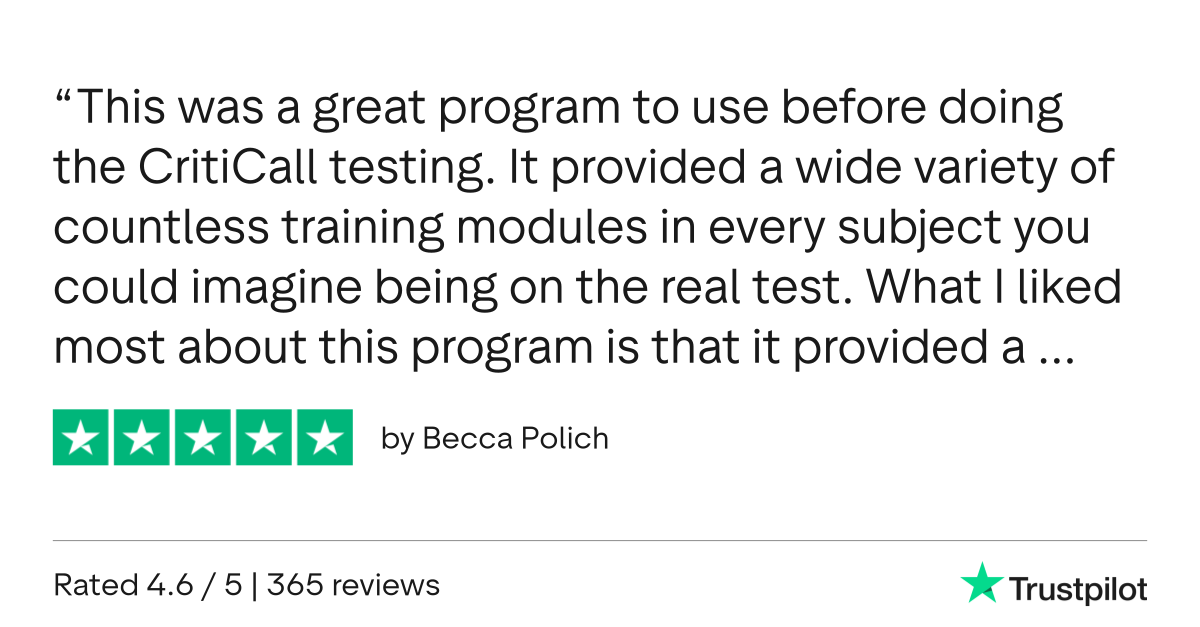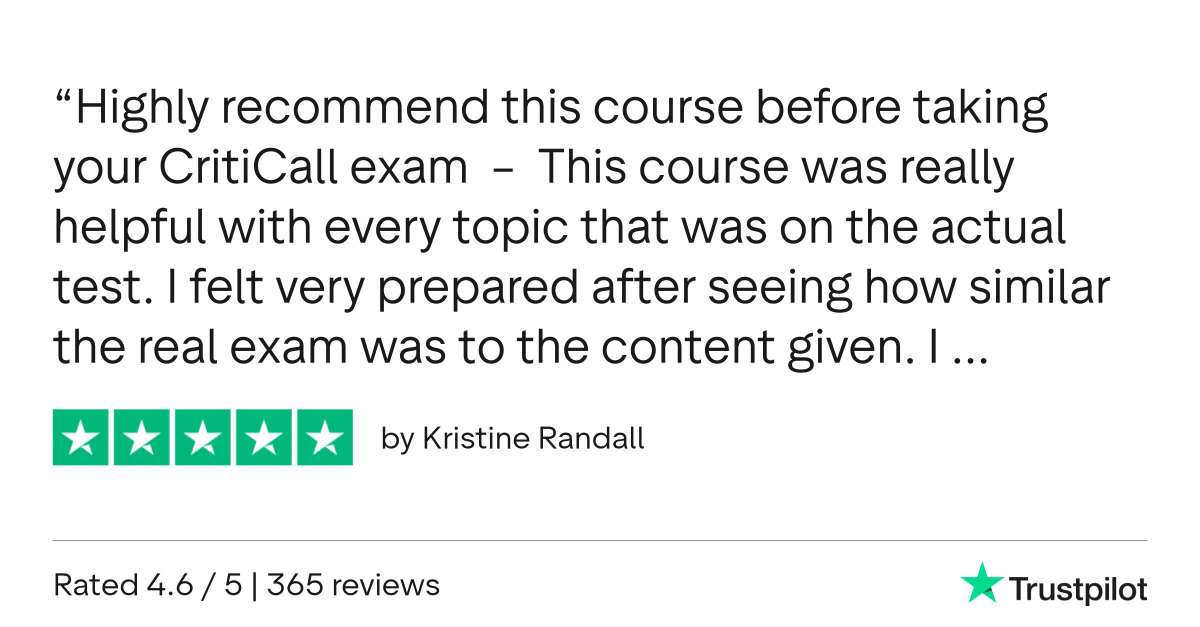- Practice Tests
- All Courses
-
Close
- TSA
- SHL
- Dispatcher
- Caliper
- Hogan Assessments
- Police
- Firefighter
- Korn Ferry Assessments
- Raven's Progressive Matrix
- Talent Q
- Criteria
- Predictive Index
- Ramsay Test
- Watson-Glaser
- ACCUPLACER
- TSI
- CliftonStrength
- NEO Personality Inventory
- Birkman Personality
- Aviation
- Postal
- Leadership Assessment
- GardaWorld Pre Board
- BMCT-II
- Harrison Test
CloseDispatcherCloseHogan Assessments- Master Course
- Hogan Assessments Master Course
- Personality Courses
- Hogan Personality Inventory (HPI)
- Hogan Development Survey (HDS)
- Hogan Motives, Values & Preferences Inventory (MVPI)
- Busines Reasoning Course
- Hogan Business Reasoning Inventory (HBRI)
ClosePolice- Course
- Police Written Exam
- Police Situational Judgement Test
- Police Psychological Test
- Massachusetts State Police Exam
- Pennsylvania Police Exam
- Philadelphia Police Exam
- Nassau County Police Exam
- Suffolk County Police Exam
- Custom and Border Protection Exam
- Correctional Officer Exam
- MTA Police Exam
- NYSP Exam
- School Safety Agent Exam
- NYPD Exam
- Police Fitness Test
CloseFirefighter- Exam Formats
- NFSI Test
- FCTC Test
- FACT Exam
- FireTEAM Test
- Resources
- Firefighter Test
CloseKorn Ferry AssessmentsCloseTalent Q AssessmentsClosePredictive IndexCloseRamsay TestCloseACCUPLACER TestCloseTSI TestClosePostalCloseBMCT-II - How it Works
- Log In
